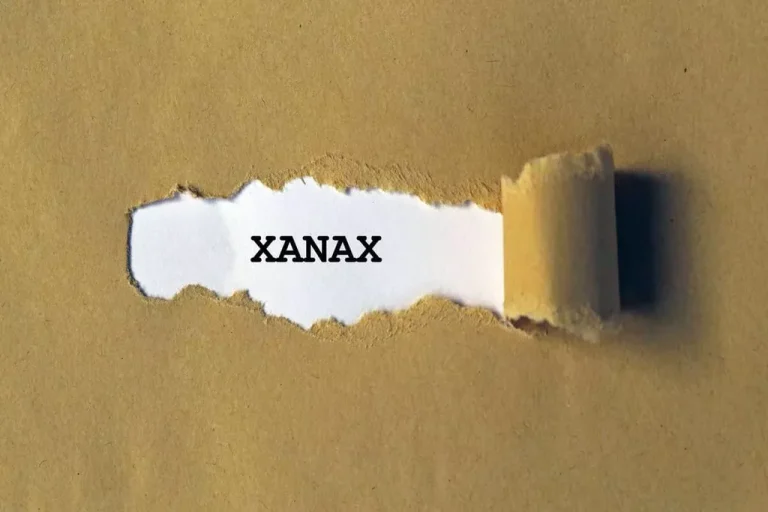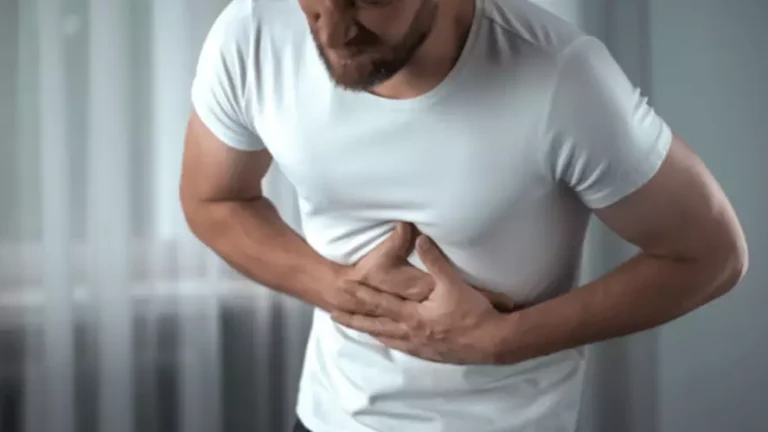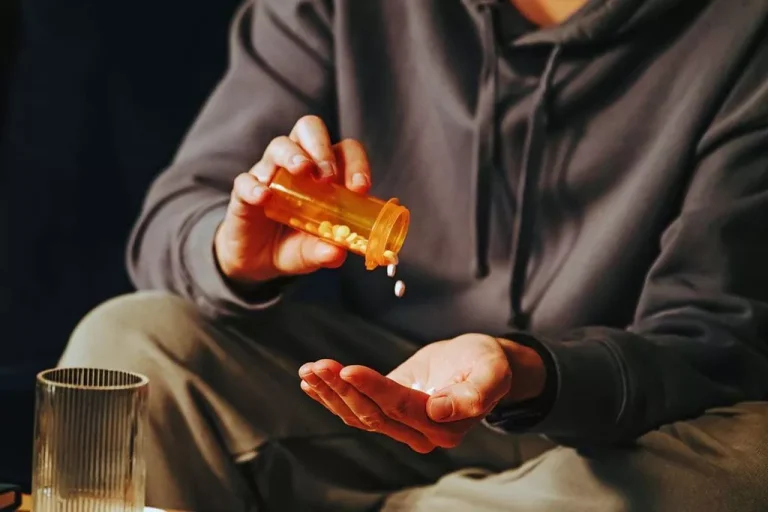
Experts from multiple fields in medicine and psychology have also debated over the definition of addiction. Can addiction be treated with therapy alone, or does it require medical treatment? I believe that we have to go with the scientific evidence and clinical experience that medical treatment does work well for certain types of addiction. In addition to medication-assisted treatment, which works very well for opioid and alcohol addiction, we now also have a new technology known as prescription digital therapeutics. PDT works on a patient’s digital device that they already carry with them.
- With substance addictions, thorough and thought-out preparation can be important to success.
- Acceptance also means acknowledging the potential consequences of continued alcohol abuse, such as worsening health, damaged relationships, and legal or financial troubles.
- Because families are interactive systems, everyone is affected, usually in ways they are not even aware of.
- Under medical supervision, individuals receive personalized care and attention, with the treatment plan tailored to their specific needs.
Stage 4: Maintenance and Relapse Prevention

Outpatient treatment is another option for individuals seeking medical addiction treatment. Outpatient treatment allows individuals to receive treatment while still living at home and attending work or school. This type of treatment typically involves attending therapy sessions, group counseling, and other forms of support on a regular basis. One type of medical treatment is medication-assisted treatment (MAT).
- Dr. DiClemente views motivation as a series of tasks, each integral to the process of change.
- Most people go through several stages of recovery, but there’s no single schedule to follow.
- This does not mean that a mental health condition will necessarily go aware when you stop drinking but abstaining from alcohol use can improve your symptoms and lead to better treatment outcomes.
- However, when you stop drinking, your liver will begin to repair itself and the damage will start to reverse.
- Recognizing and celebrating these small victories can help individuals stay motivated and build confidence in their ability to maintain sobriety.
- This plan may include ongoing therapy, support group participation, and regular check-ins with healthcare professionals.
Stage 2: Early Abstinence
Alcoholism and alcohol abuse are both categorized as alcohol use disorders—affecting people of all ages and stages of life. The severity of the disorder lies on a spectrum, ranging from mild to severe dependence, also known as chronic alcoholism (although even a mild disorder can spiral out of control without early stages of alcoholic recovery treatment). From acute alcohol withdrawal, to the ‘honeymoon phase,’ to post-acute withdrawal and beyond, individuals experience a range of physical and psychological changes throughout year one of sobriety. While everyone’s experience is different, this chart shares common phases of the alcohol treatment timeline.
- Many times, alcohol abuse treatment programs are a vital step for people seeking freedom from alcoholism.
- Cravings are the intense desire for alcohol or drugs given formidable force by neural circuitry honed over time into single-minded pursuit of the outsize neurochemical reward such substances deliver.
- At this point, the individual is enjoying the benefits of quitting alcohol while focusing on sustaining the achievements made in the action stage.
- COVID-19 is a recent disease, and its nature (e.g., treatment and prevention) has changed since the early stages of the pandemic.
I’m Seeking Help

But the truth is that you are making progress on your recovery journey. This is why clinicians generally recommend utilizing medication and therapy for at least 12 months. Our clinicians also report how much more effective treatment is when practiced consistently.
- Detoxification sets the stage for the subsequent stages of alcohol rehabilitation, where individuals can delve deeper into their recovery process and work towards achieving lasting sobriety.
- At this point, you are not ready to take action and make a change in your life.
- They may begin this stage by taking small steps away from negative habits.
- It is also important to involve trusted friends and family members who can offer emotional support and understanding.
- The key to avoiding relapse is to avoid triggers that give you the urge to drink, like certain people, places, things, and moods.
- At the end of the day, the person with addiction has to be willing to accept help.
USDA Weekly Crop Progress Report
At this stage of TTM, you are finally ready to take action and do what you need to do to change your life. At this stage, you are researching the subject and looking for the best way to move forward. Or, you could try an alternative solution, such as the Sinclair Method.
There are various types of support groups available for individuals in alcohol recovery. Alcoholics Anonymous (AA) is one of the most well-known and widely available support groups for individuals seeking sobriety. AA follows a 12-step program and offers meetings where individuals can share their experiences and receive support from others in recovery. Secondly, recovery podcasts offer a wealth of information and resources. They often feature experts in the field of addiction and recovery who provide valuable insights and advice. These podcasts can help individuals gain a better understanding of addiction, learn about different treatment options, and discover new strategies for maintaining sobriety.

